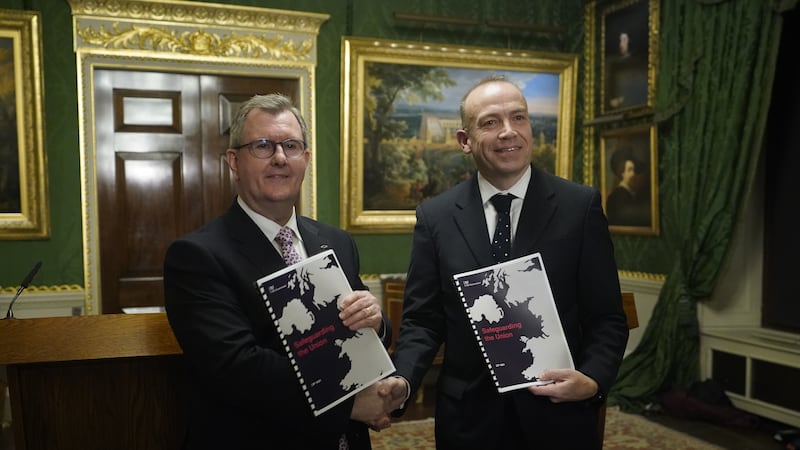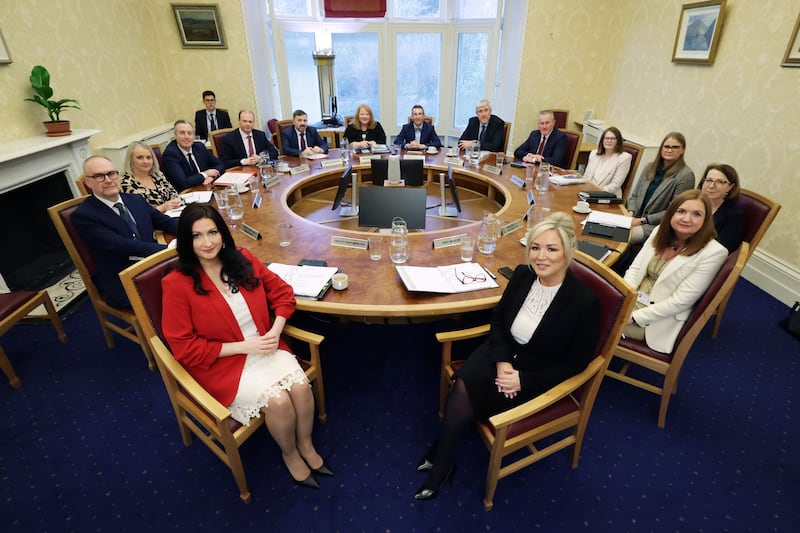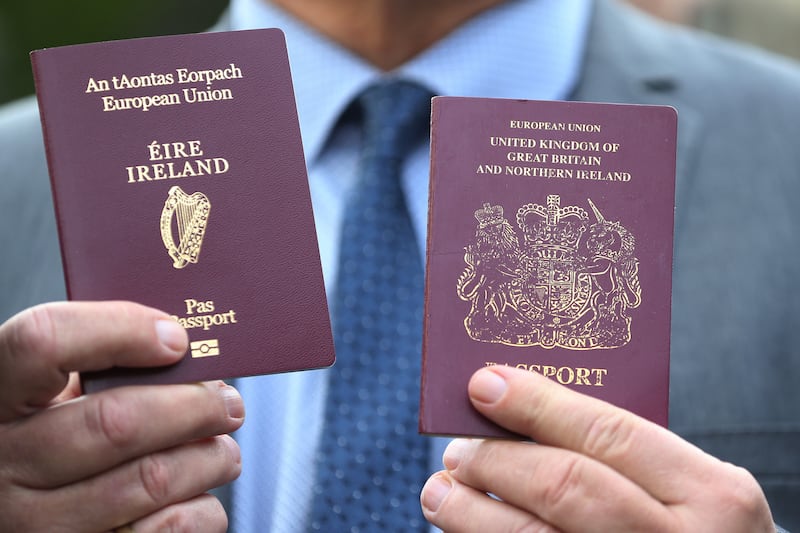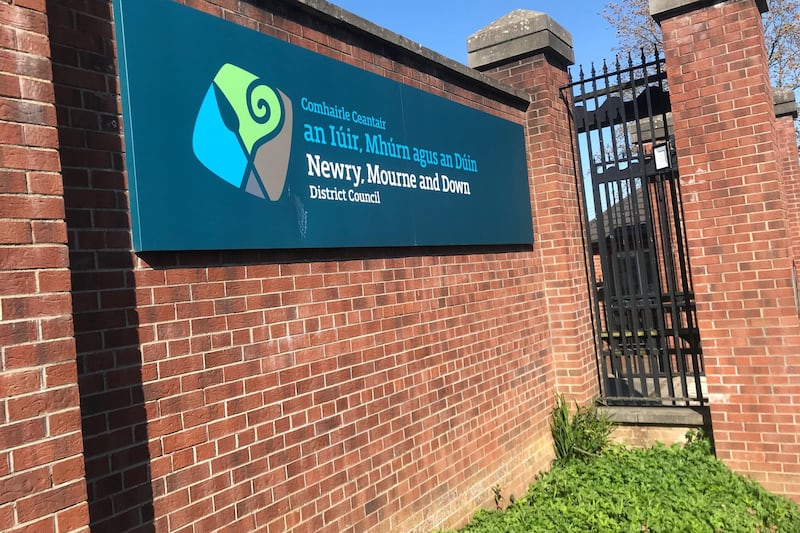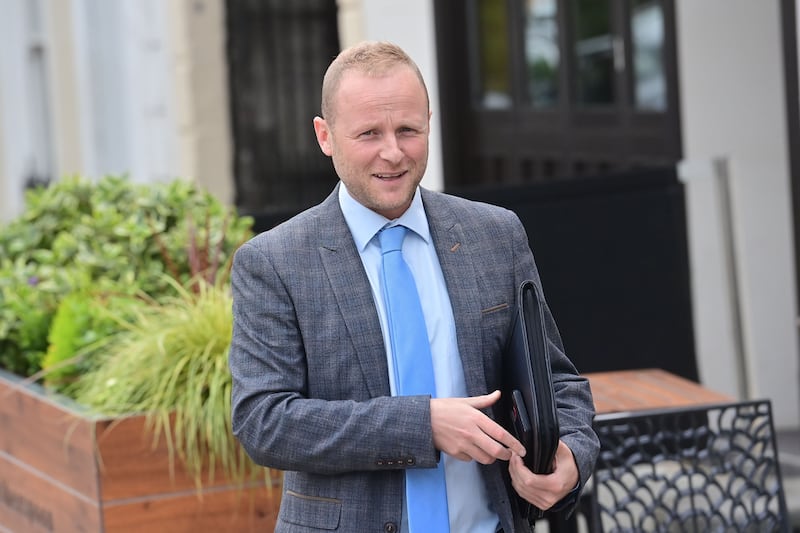The head of a right-wing think tank has described the deal the DUP struck with the British government as the “most pro-unionist statement of policy in a century”.
Lord Dean Godson, director of London-based Policy Exchange, said January’s Safeguarding the Union command paper included a “substantial set of commitments” to upholding the union and marked a “shift” in the British government’s position, which “recognises there is no all-island economy”.
The paper represented the fruits of months of negotiations between the DUP and the British government. Days after its publication, the then DUP leader Sir Jeffrey Donaldson ended his party’s two-year boycott of the Stormont institutions.
Delivering the David Brewster Memorial Lecture earlier this week, Lord Godson urged unionism to unite and to endorse January’s deal, which it was claimed removed the Irish Sea border.
“Unionism cannot afford a policy that drives it into a brick wall,” he said.

“Tempting as it may be to side with rejectionism, it goes nowhere.”
The Tory peer said the cause of unionism was “more likely to be served by embracing Safeguarding the Union and working with it than by rejecting it”.
“Whatever views you have on the protocol and the subsequent Windsor Framework, it must be recognised that the Safeguarding the Union document represents a substantial set of commitments — moral, legal, political and practical — by the British government to the union,” he said.
He said that in 2017 British government had “committed, under intense pressure, to support the so-called all-island economy”.
“It now recognises that there is no ‘all-island economy’, only cross-border sectors of the Northern Ireland economy; the government will expunge the duty for ministers to support the ‘all-island economy’ from the statute book — to the consternation of shadow secretary of state Hilary Benn,” he said.
“Government policy now reflects a clear commitment to maintain the union based on the legitimate wishes of a majority of the people of Northern Ireland, thus upholding the core principle of consent enshrined in the Belfast Agreement.”
Concerns about the pro-unionist content were raised at the time of the command paper’s publication, however, Sinn Féin was noticeably muted in its criticism.
Queen’s University academic Prof Katy Hayward said the deal “runs roughshod over principles that have formed the bedrock for the peace process for over 30 years”.
Minister for Foreign Affairs Micheál Martin told The Irish News that it was decided “in the overall interest, that the restoration of the assembly and executive was key”.
“We think the references to the all-island economy were unnecessary. There were some references somewhere that’s it’s a divisive term,” he said.
Responding to Lord Godson’s speech, a Sinn Féin spokesperson said under the terms of the Good Friday Agreement the constitutional future of the island of Ireland would be “decided by the people of Ireland, north and south”.
“Clearly, the trajectory towards Irish Unity has been dramatically accelerated by the disastrous Brexit policy of the British government and the availability of a pathway back to EU membership through Irish unity,” the spokesperson said.
SDLP leader Colum Eastwood said his party had “consistently raised serious concerns” about the content of the command paper.
The Foyle MP said “others have silently acquiesced”.
“For nakedly and narrowly political reasons it seeks to row back on legitimate commitments to support all island economic initiatives that would benefit every community,” he said.
“It is the very definition of cutting off your nose to spite your face - or, more appropriately, to spite your neighbours.”
